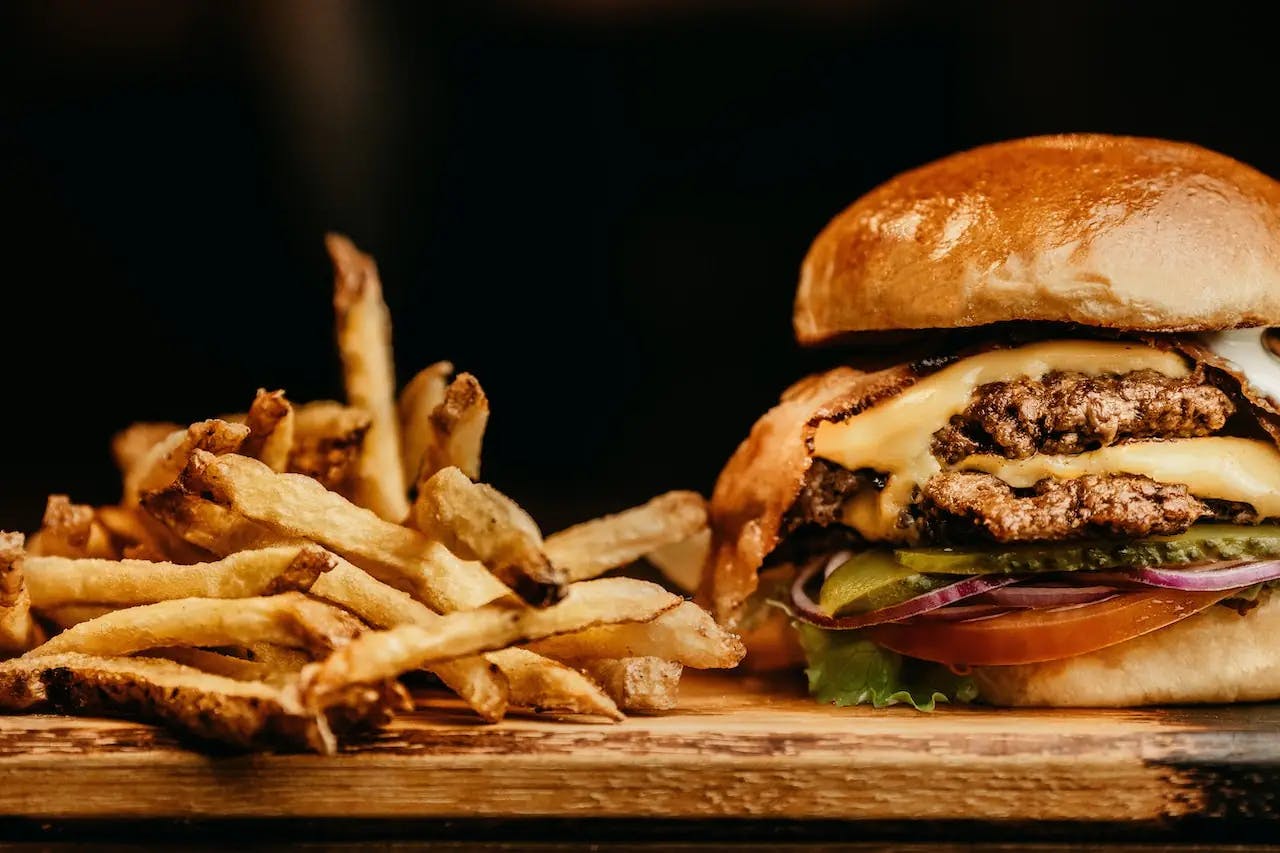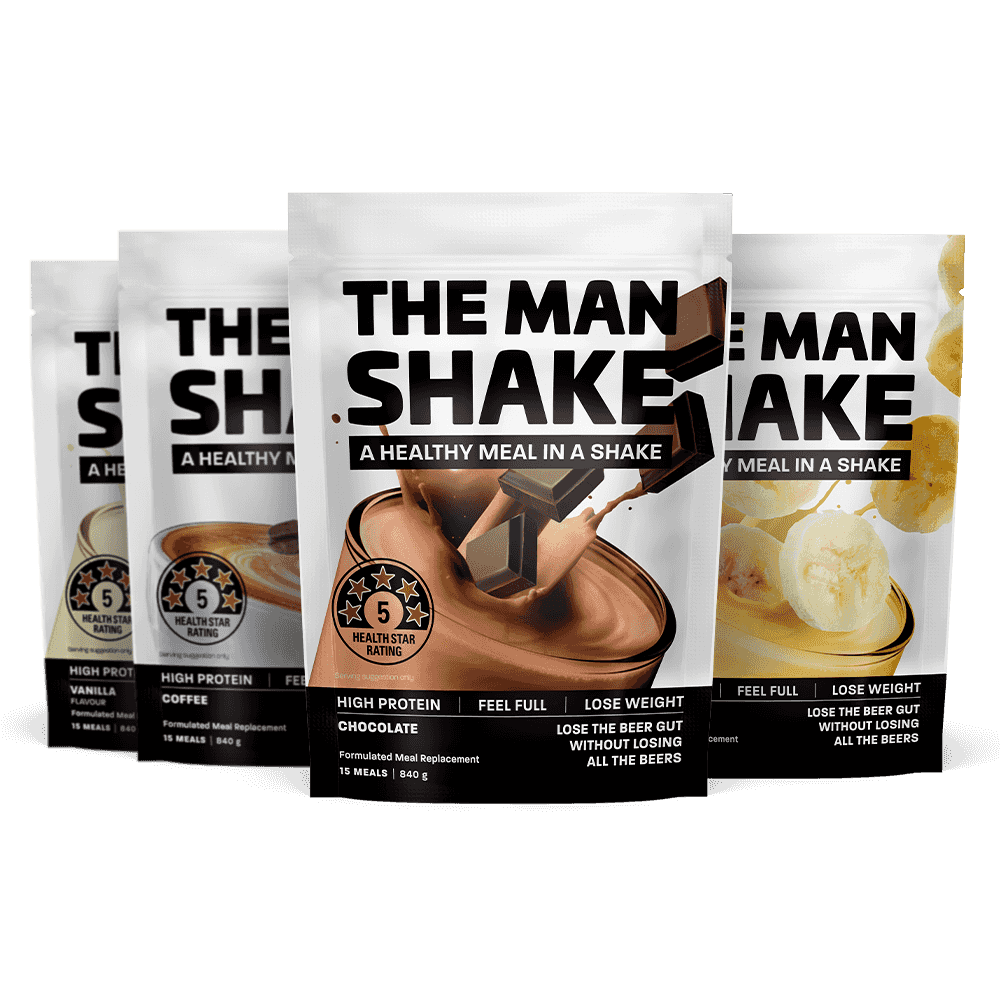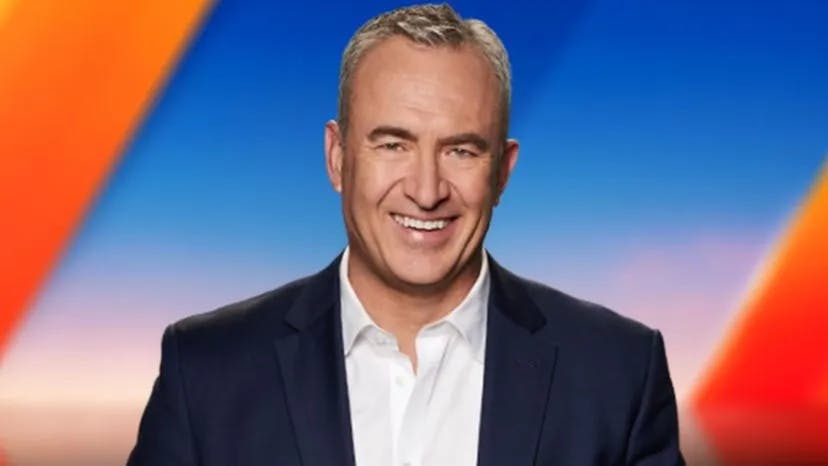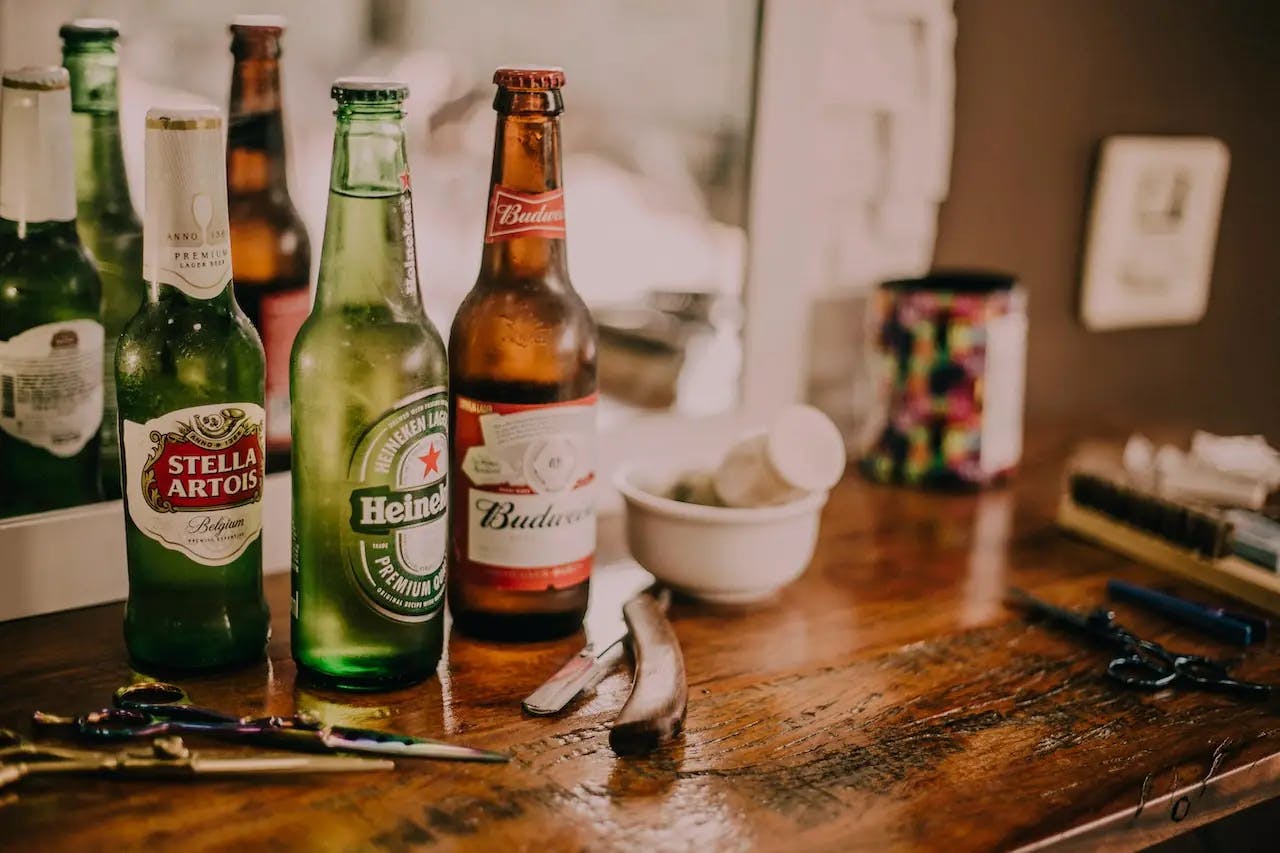5 Cheat meal mistakes you don't want to make.
•Weight loss

Share
Cheating itself is not a mistake. In fact, I think you should cheat.
It makes your diet as a whole more enjoyable and generally improves dietary compliance and thus long-term results.
That said, how you cheat matters.
For example, the biggest mistakes I see people make with cheating are…
Cheating involves overeating so cheating too frequently erases large portions of your caloric deficit required for sustained fat loss.
And many are shocked when they look it up.
One of the big problems here is restaurants, because their job is the produce delicious food, and that means copious amounts of oil, butter, and sugar.
They found that the restaurant dishes contained 1,200 calories, on average, and that American, Italian, and Chinese restaurants were the worst offenders, with an average of nearly 1,500 calories per meal.
So, this point is this:
If you eat out frequently, you’re probably going to struggle to lose weight.

Wishful thinking.
If you can go a few thousand calories into the hole in just one trip to your favorite restaurant, you can only imagine just how deep you can dig your dietary grave in a couple of days.
If you want to gain fat as quickly and efficiently as possible when overeating, you want to eat large amounts of dietary fat.
(And you want to add alcohol into the mix too, but we’ll talk more about that in a minute.)
To understand why this is, we have to look at the physiology of how your body increases its fat stores.
Chemically speaking, carbs are very different than the types of molecules stored in body fat cells (lipids), and the process whereby carbs are converted into body fat is known as de novo lipogenesis (DNL).
And the first thing you need to know about DNL is it rarely occurs under normal dietary conditions.
5. Drinking Too Much Alcohol
According to some people, if you drink even lightly and sporadically, you’re going to get and stay fat—end of story.
This is an odd statement considering the fact that moderate alcohol consumption is actually associated with lower body weights, not higher.
That sounds blasphemous, I know, but as in the case of eating carbs vs. fats, it starts to make sense when we peek beneath the hood and look at the physiological processes in play.
Let’s start with a study that involved the analysis of the diets of 1,944 adults aged 18 to 74 and that found that an increase in calories from ethanol (alcohol) alone didn’t result in the weight gain that would normally occur if those calories were from protein, carbs, or fat.
It makes your diet as a whole more enjoyable and generally improves dietary compliance and thus long-term results.
That said, how you cheat matters.
For example, the biggest mistakes I see people make with cheating are…
- Cheating too frequently.
- Eating too much in a cheat meal.
- Indulging in cheat days, not meals.
- Eating too much dietary fat.
- Drinking too much alcohol.
1. Having Too Many Cheat Meals
This one is pretty self-explanatory.Cheating involves overeating so cheating too frequently erases large portions of your caloric deficit required for sustained fat loss.
2. Eating Too Much in a Cheat Meal
Many people don’t realize how many calories are in the foods they eat in their cheat meals.And many are shocked when they look it up.
One of the big problems here is restaurants, because their job is the produce delicious food, and that means copious amounts of oil, butter, and sugar.
They found that the restaurant dishes contained 1,200 calories, on average, and that American, Italian, and Chinese restaurants were the worst offenders, with an average of nearly 1,500 calories per meal.
So, this point is this:
If you eat out frequently, you’re probably going to struggle to lose weight.

3. Indulging in Cheat Days, Not Meals
Many people like to believe that being “good” during the week allows them to go buck wild on the weekends.Wishful thinking.
If you can go a few thousand calories into the hole in just one trip to your favorite restaurant, you can only imagine just how deep you can dig your dietary grave in a couple of days.
4. Eating Too Much Dietary Fat
Many people think that eating large amounts of carbs is the surest way to gain fat, but they’re wrong.If you want to gain fat as quickly and efficiently as possible when overeating, you want to eat large amounts of dietary fat.
(And you want to add alcohol into the mix too, but we’ll talk more about that in a minute.)
To understand why this is, we have to look at the physiology of how your body increases its fat stores.
Chemically speaking, carbs are very different than the types of molecules stored in body fat cells (lipids), and the process whereby carbs are converted into body fat is known as de novo lipogenesis (DNL).
And the first thing you need to know about DNL is it rarely occurs under normal dietary conditions.
5. Drinking Too Much Alcohol
According to some people, if you drink even lightly and sporadically, you’re going to get and stay fat—end of story.
This is an odd statement considering the fact that moderate alcohol consumption is actually associated with lower body weights, not higher.
That sounds blasphemous, I know, but as in the case of eating carbs vs. fats, it starts to make sense when we peek beneath the hood and look at the physiological processes in play.
Let’s start with a study that involved the analysis of the diets of 1,944 adults aged 18 to 74 and that found that an increase in calories from ethanol (alcohol) alone didn’t result in the weight gain that would normally occur if those calories were from protein, carbs, or fat.






